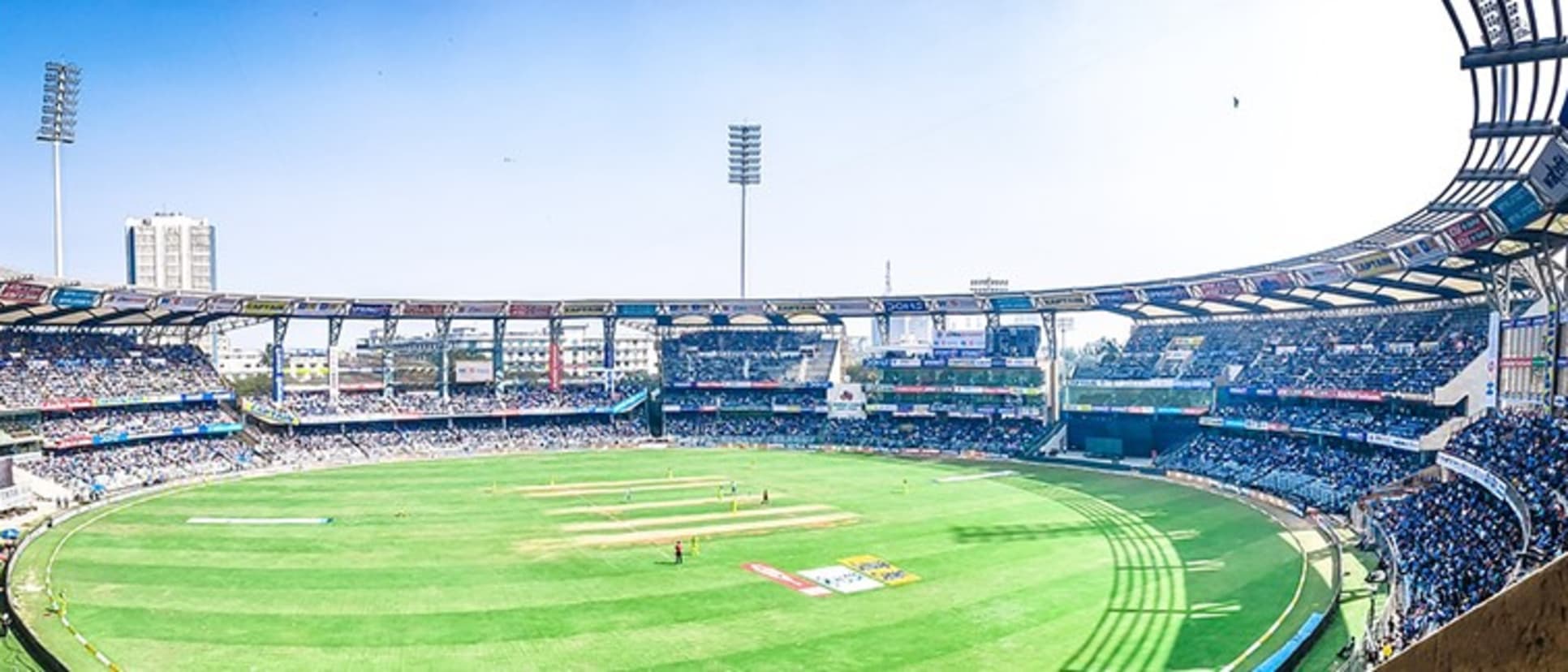From a strict bio-secure bubble towards a ‘managed environment’

Although the strict bio-secure bubble, which has been applied since 2020 to limit the risks of Covid-19 infections, has proven to be effective, the psychological effects and especially the substantial costs associated with it are often prohibitive and necessitate a different approach. An approach which is more cost-effective, more sustainable, less psychologically damaging and considers the positive developments around Covid-19.
The ‘Managed Environment’ was introduced during the recent ICC Women’s T20 World Cup Europe Qualifier (La Manga, Spain, 24-31 August), and emphasized:
- Securing an environment instead of groups of people
- A limited number of people in that environment
- Personal responsibility
- Increased team managers responsibility and supervision
- Focusing on the major risk factors for transmission
Accommodation
The tournament hotel was 50% occupied by the ICC (five teams and match officials; approx. 120 people); the remaining 50% capacity was for other hotel guests. A dedicated floor, with offices, team room, large dining and terrace, physio room and gym, was reserved for the ICC. This floor acted as an important place for all teams to socialize and relax.
Since contacts with other hotel guests had to be kept to a minimum due to the possible risk of contamination, teams and officers were only allowed to stay in the dedicated ICC floor and were therefore not allowed to enter hotel facilities such as the swimming pool, restaurants, bar, and shops. However, since use of a pool is an important facility for player recovery, the pool was reserved exclusively for one hour every day, after the public closing time.
Venue
At the venue, the players were obviously restricted to stay in the PMOA, no dressing rooms were used, and strict on-field rules were put in place regarding team huddles, cleaning the ball, use of drink bottles and towels and handing over clothing.
No spectators were allowed at the ground and all match-day stakeholders, i.e., media, volunteers, scorers, ground staff, were Rapid Lateral Flow (RLF) tested each matchday before being granted access to the venue.
Throughout the Event, except for the dedicated ICC floor at the Hotel, and except for PMOA and on-field at the venue, the use of face masks and social distancing was mandatory.
Testing
All participants had to be PCR tested a maximum of 72 hours before arrival at the hotel to assure all departed their home country in good health. Subsequently, all participants were Rapid Lateral Flow tested upon arrival at the hotel, prior to admittance to the room. This process inspired confidence that no positive cases were entering the ‘managed environment’, one of the biggest risks that was identified.
During the rest day all participants were RLF tested; in case of a positive test, a PCR test was taken immediately, and the person in question isolated. A portable PCR test analyzing machine provided the result within 30 minutes. Testing on the rest day, instead of a match day, in combination with the portable PCR analyzing machine, prevented a (possible) false positive Lateral Flow test from affecting a team line-up.
Information
While mitigation measures will significantly reduce the risk, personal responsibility is key to the successful implementation of these measures. Therefore, extensive attention was given to providing information to all participants through online awareness sessions in small groups. Upon arrival a practical handout with essential guidelines, dos and don’ts was distributed to all participants.
Result
No positive Covid-19 cases occurred and the portable PCR analyzing machine proved its worth in case of a false positive Lateral Flow test. The dedicated ICC floor functioned very well as socializing/relaxing area for the teams. From a cost perspective, the advantages were of course not having to secure an entire hotel and having fewer people in the bubble.
The ‘Managed Environment‘ approach, in general, was positive and will be evaluated and further developed for tournaments to come. As non-major international sporting events look for ways to be delivered safely, the ‘Managed Environment’ approach can be considered as an effective means of mitigating the major risks without adopting a zero-risk mindset, which requires unsustainable resource allocation for Event organisers, and significant personal sacrifices for athletes and participants.